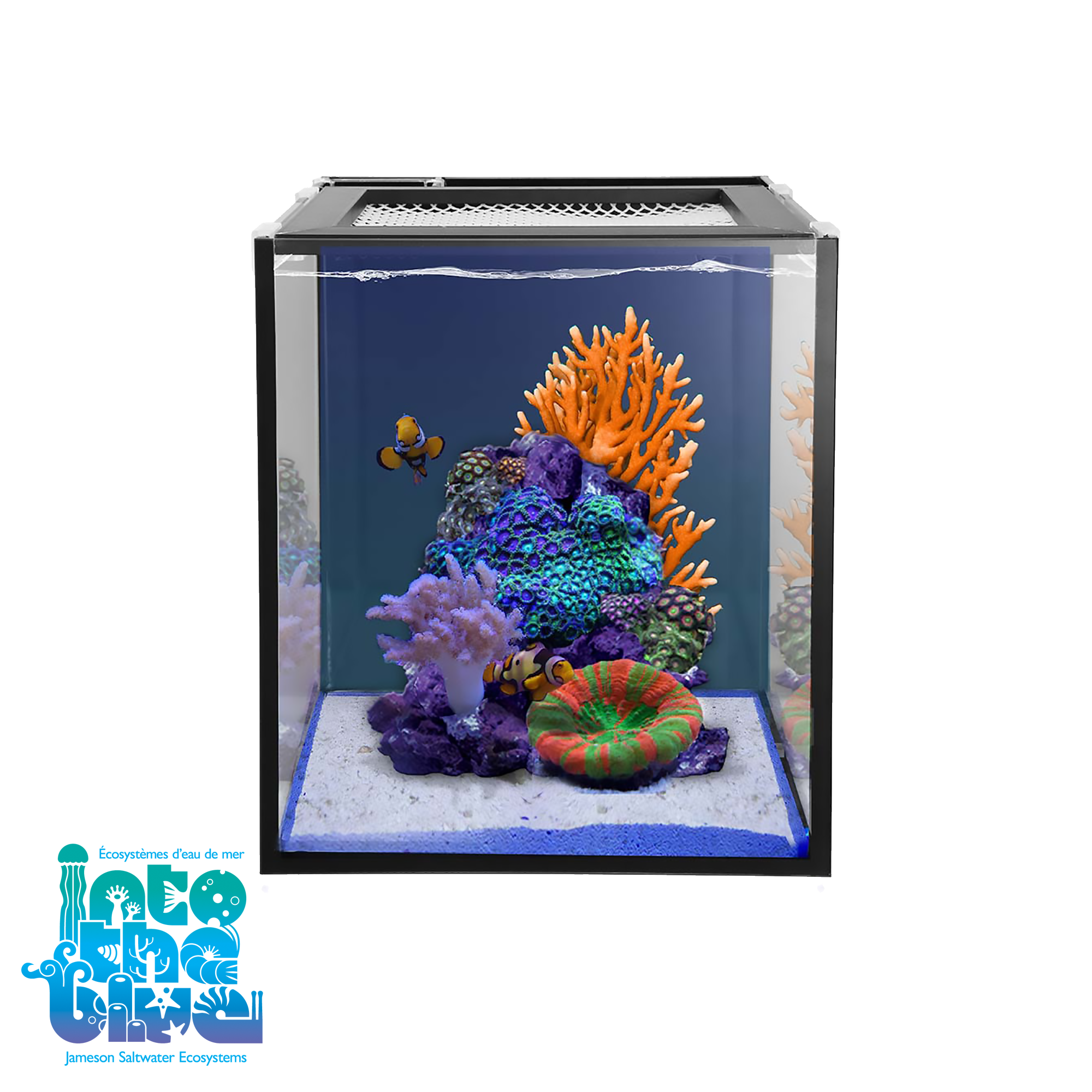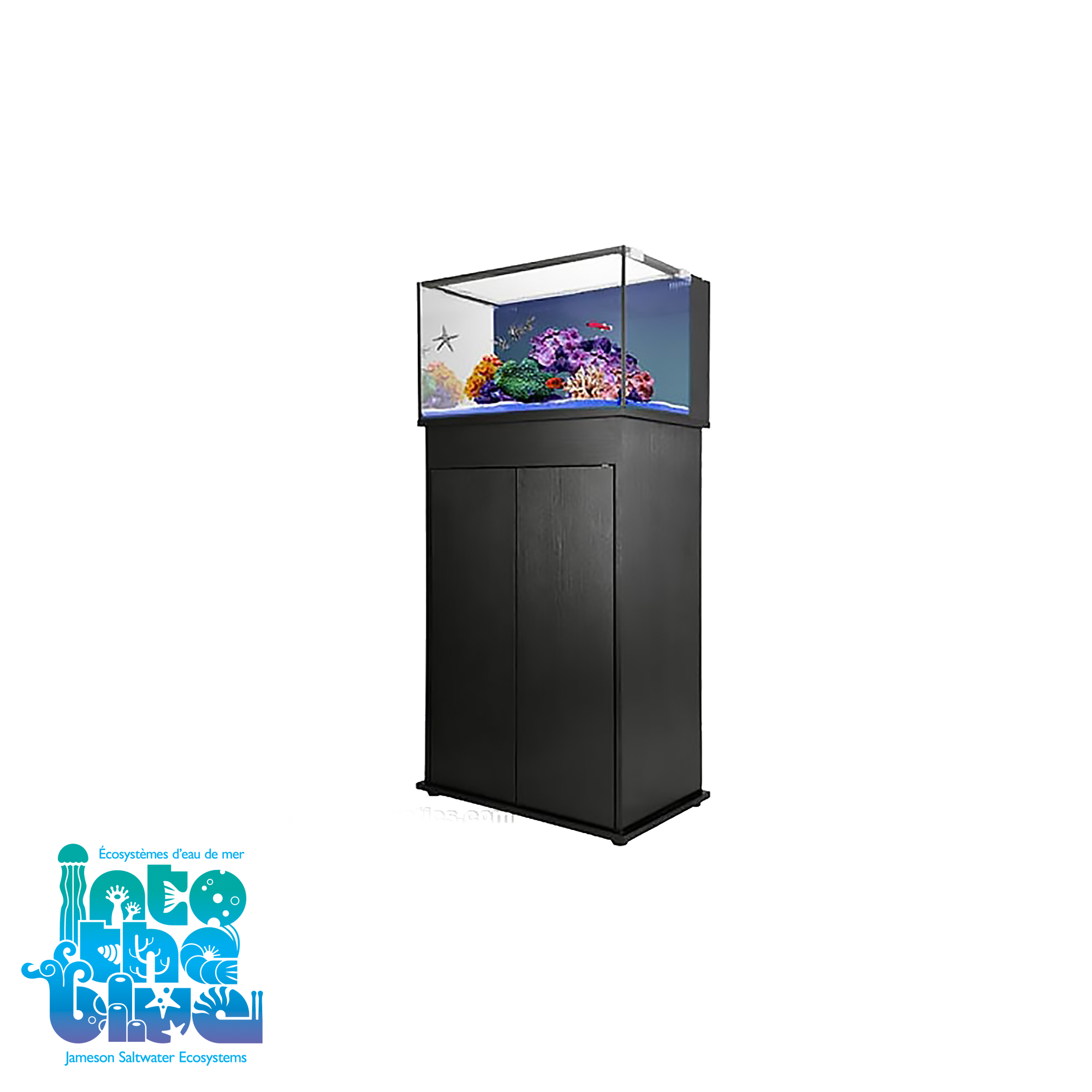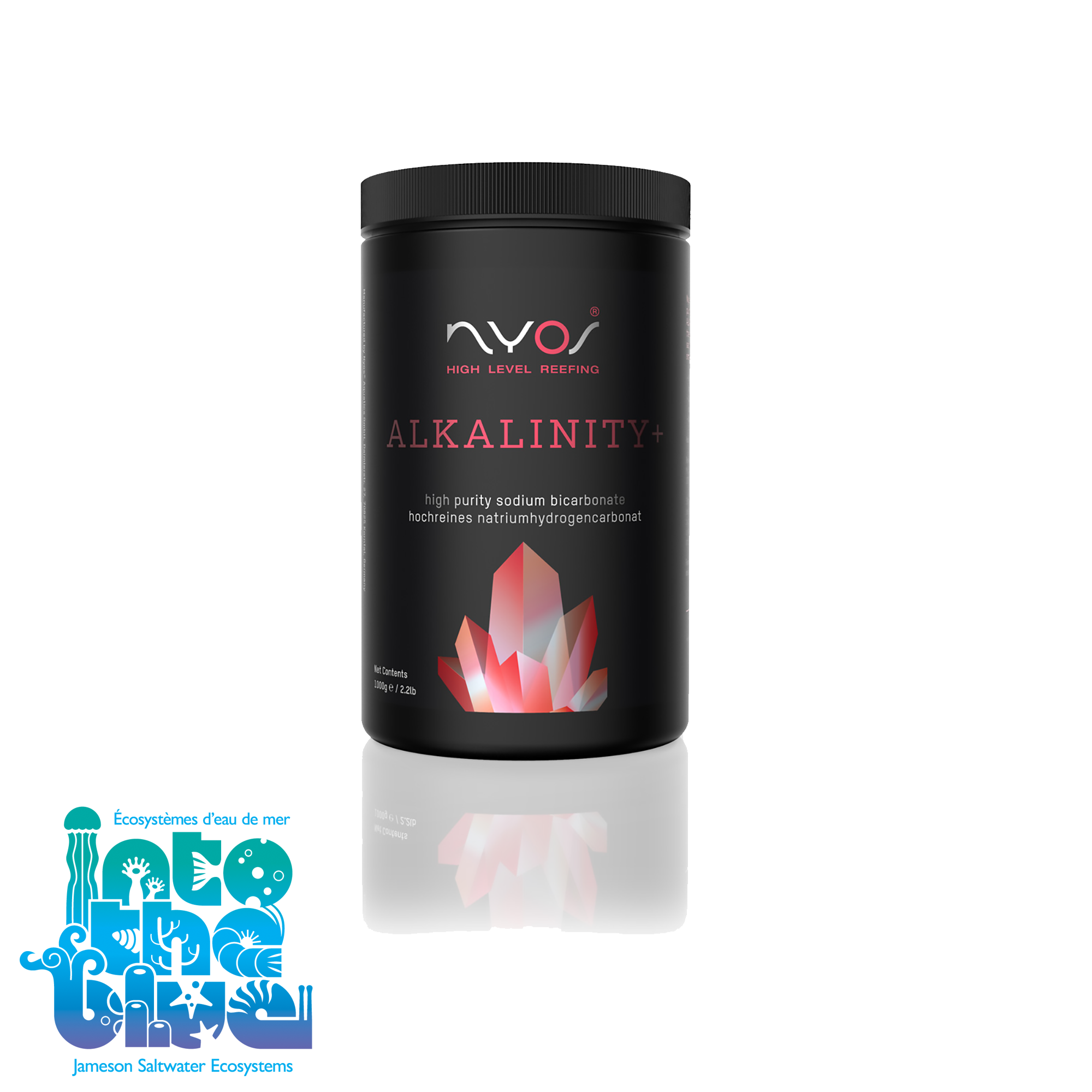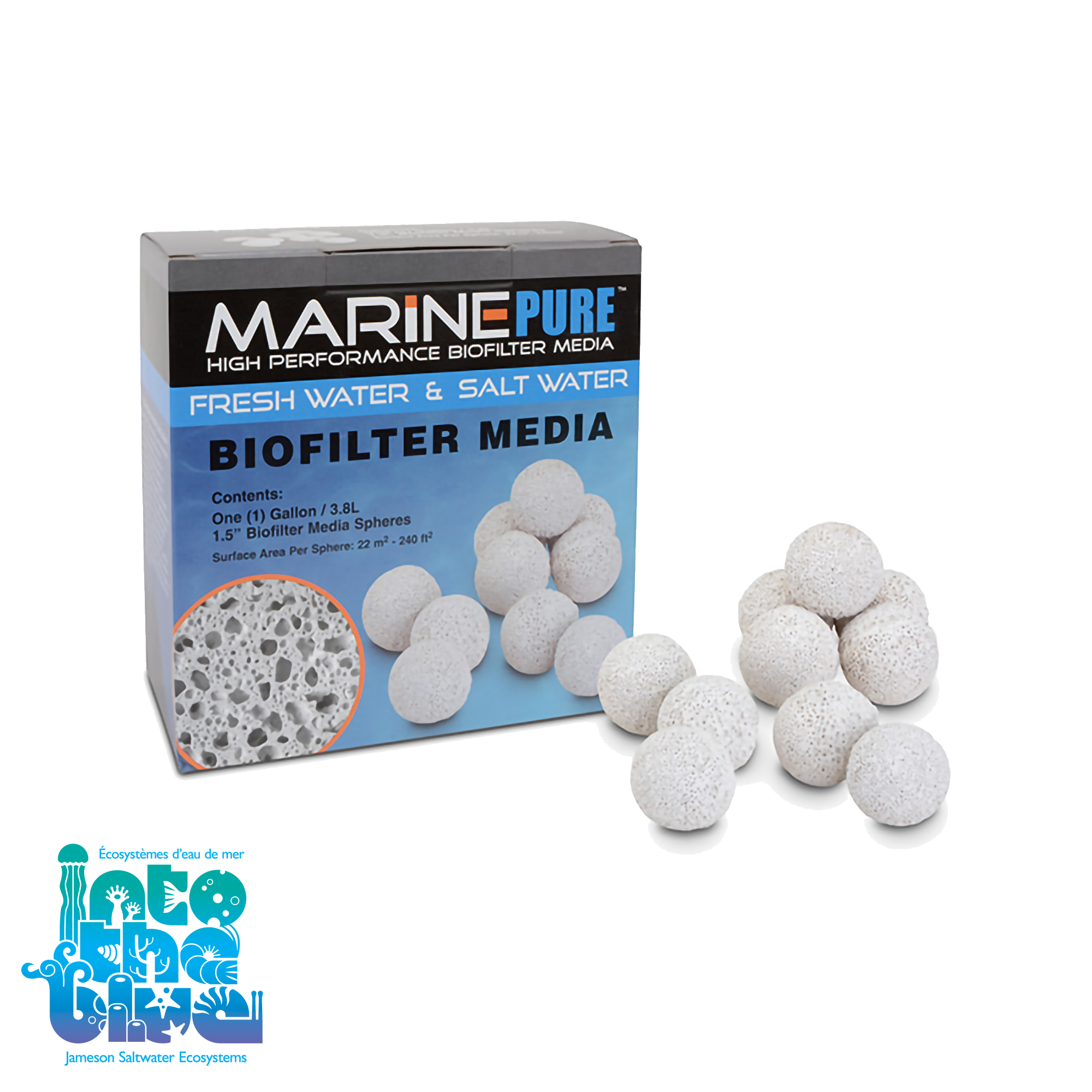If you have corals in your tank, you probably have heard about the foundation elements of calcium, magnesium and alkalinity. Calcium and magnesium are easier to understand because we see them in our own diet and know how they help with bone growth and longevity, as well as many other aspects of the human body. Alkalinity is less straightforward, but is a critical element. In terms of chemistry, alkalinity is a measurement of the acid (H+) required to reduce pH to 4.5 where bicarbonate is converted to carbonic acid. If chemistry isn’t an interest for you, then let’s look at alkalinity from a practical standpoint. It is used in the calcium carbonate skeletons that make up a coral’s stony base, and if it’s too low, corals will struggle and possibly die. Most aqaurists measure alkalinity in dKH and it should be at a minimum of 7. Some hobbyists will bring up their dKH to 10-11 for faster coral growth, but most aim for 8-9 dKH. Alkalinity also has another benefit of stabilizing pH, and reducing swings that can occur throughout the day.
For more information on alkalinity, or to look into testing and supplementing, talk to an Into The Blue team member today!
Let's talk about ALK!
Featured products

Neptune Systems
Neptune Systems - A3 Apex Controller System
Sale priceFrom $424.99
No reviews
Sold out

Innovative Marine
Innovative Marine - Nuvo Fusion | Nano Aquarium
Sale priceFrom $310.99
No reviews
Sold outJoin Us
A short sentence describing what someone will receive by subscribing
100% free, Unsubscribe any time!


